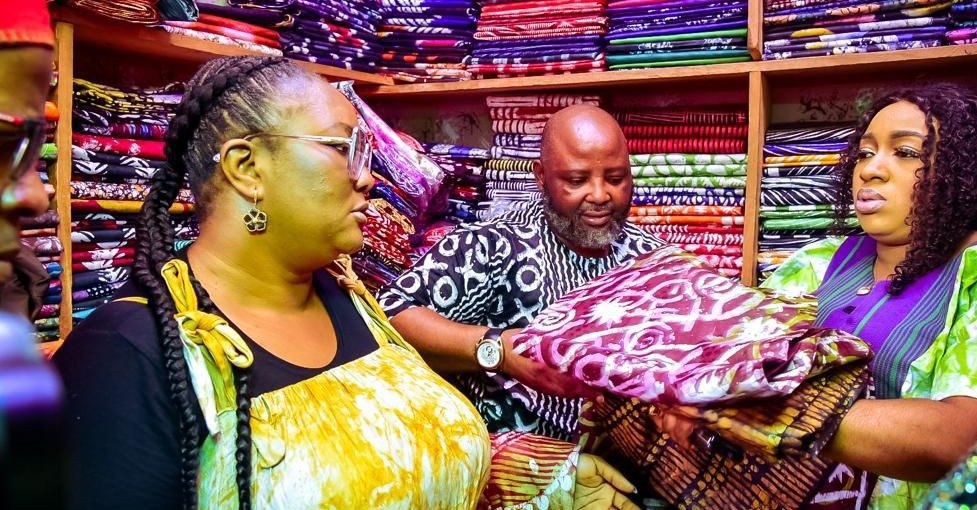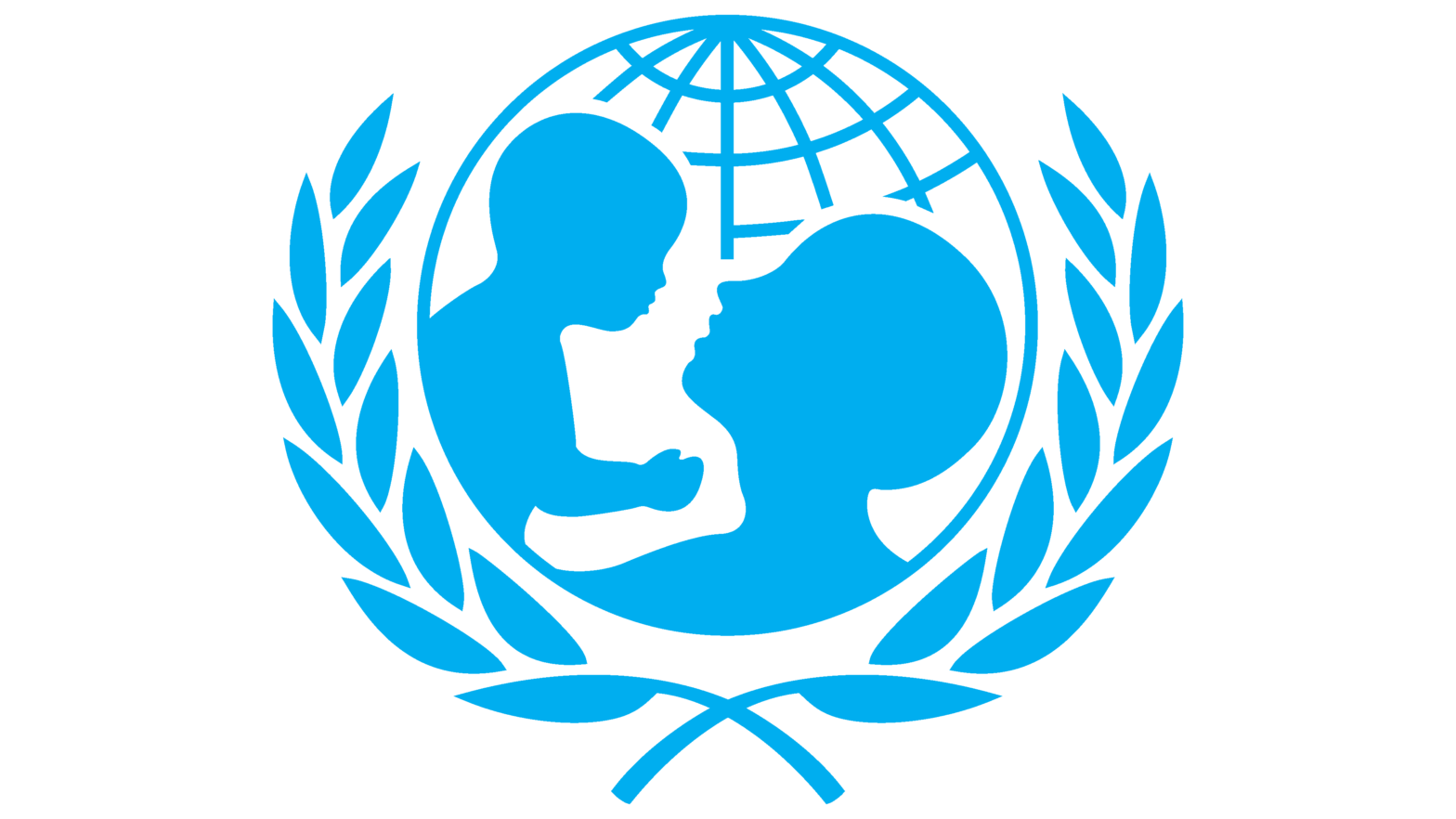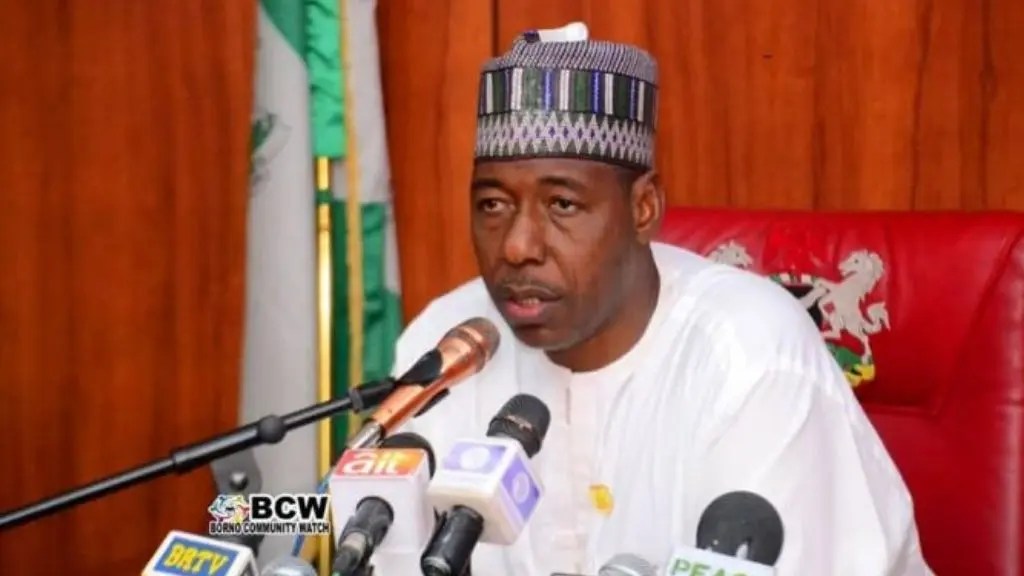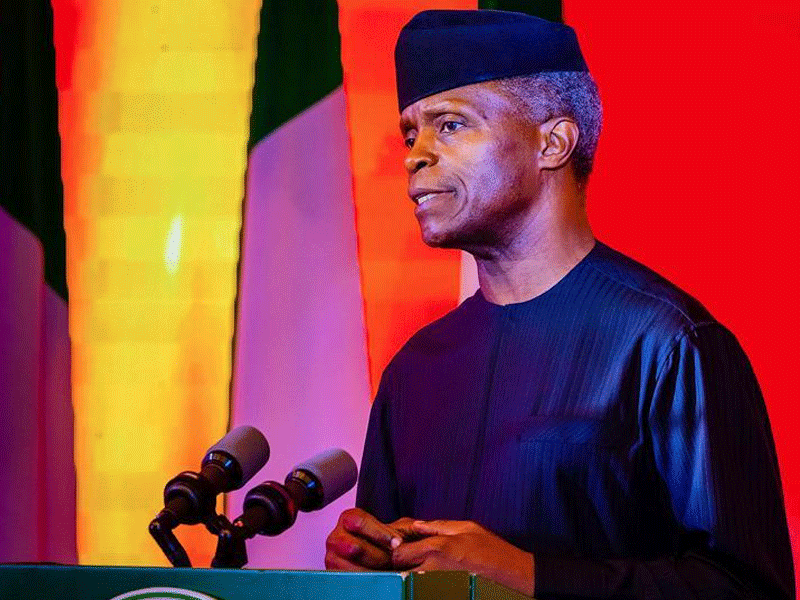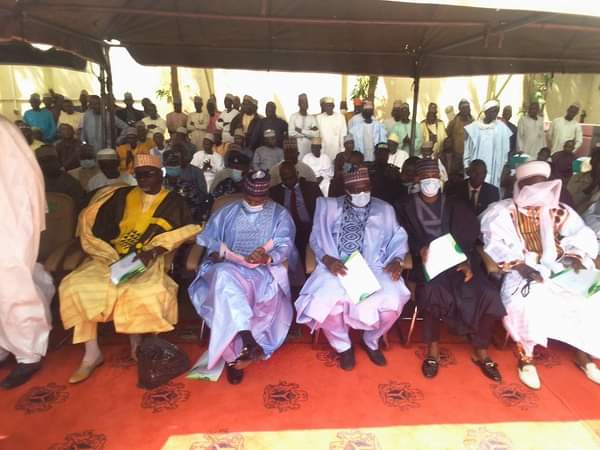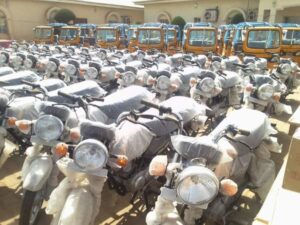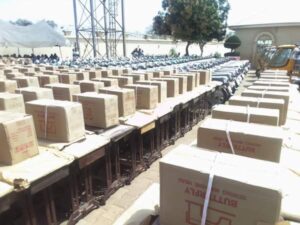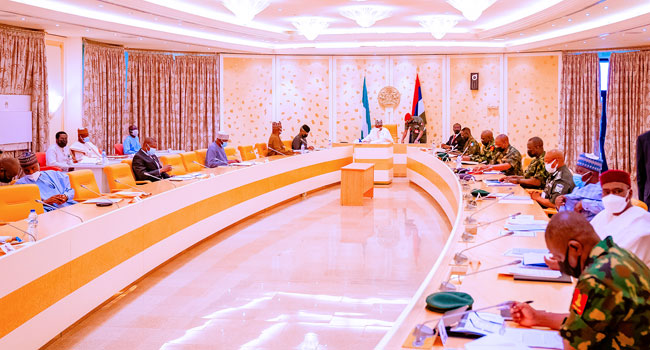… Promises to make Adire a global phenomenon
By Joyce Remi-Babayeju
The Federal Government has created the Subsidized Adire Production Scheme to lift 100,000 on out of poverty and lessen hardship on citizens.
The Minister of Humanitarian Affairs Poverty Alleviation, Dr. Betta Edu at Itoku and Asero Markets in Abeokuta, Ogun State put smiles on the faces of men and women traders, as she announced President Bola Ahmed Tinubu’s readiness under the Renewed Hope Agenda to support the production of locally made Adire for both local and international markets.
Edu at the market sensitized the market women on the market monies program and other social safety net programs from the ministry.
The Minister explained that the Federal Government will invest largely in creating jobs through the local Adire fabrics production chain as one of the many ways to reduce poverty and improve export, that will further boost the economy and revenue for market men and women.
Meanwhile, Edu gave assurance that the government intents to ensure the fabric becomes a global phenomenon while reducing to the barest minimum the presence of the imported fake Adire.
The Minister gave the assurance that government programmes under her supervision will enhance opportunities in Adire Markets to lift millions of vulnerable Nigerians out of poverty.
“First, you must be able to push local production to meet the demand. Local production must be enhanced at all costs to meet the demand. When local products saturate the market at a rate subsided and supported by the government, it will automatically eliminate whatever fluctuate coming into the market. ”
“We don’t want to be selling fake Adire, made in other countries, and brought into Nigeria. What we want are the local ones made by our people to create jobs, it will build the micro and macroeconomy and it will help Nigeria to be more of a manufacturing economy rather than an import dependent country.”
‘These are the things that are affecting the exchange rates and other economic indexes in Nigeria. The government will provide that subsidy for the people, so we take the fuel subsidy off the fuel, we will provide it for the Adire makers so that they can provide local Adire that will be used in the country and exported out of the country, the minister emphasized.”
“I was so happy yesterday when the governor and his commissioners said they are going to create hubs in Abuja where the original Adire would be sold. This is taking Abeokuta, Ogun State, to the world, and these hubs can be created even at embassies in other countries around the world where we can export Adire.
“This is the original one, not the fake which is imitated and brought in. For us, if we support the local manufacturers, subsidize this for them, bring more people into this production to meet the demand, it will automatically eliminate the ones that come into the country.”
Speaking further, the minister said that the state government has identified about five interventions that will really touch lives in Ogun State, covering about 100,000 persons in Ogun State.
” Part of what we identified yesterday was the ADIRE production, which is really very as typical to Ogun people; it is their identity and what they are known to do very well.”
“Adire has both the local equipment production and modern production. We’ve been to production sites and clusters and also in the market to pick up some fabrics and interact with the market people and Iyalojas. All are here with us. We try to find out the cost of the final product and what it sells for in the market.”
These cloth I am handling are N15,200, we have some of the N25,000, N75,000 in the shops. We have come here to see how it is being made locally, from the dying stage, the drying, and all of these stages that finally get to beautiful fabrics that we sell and export, Edu said.
